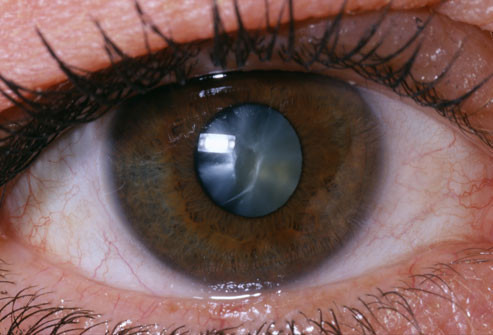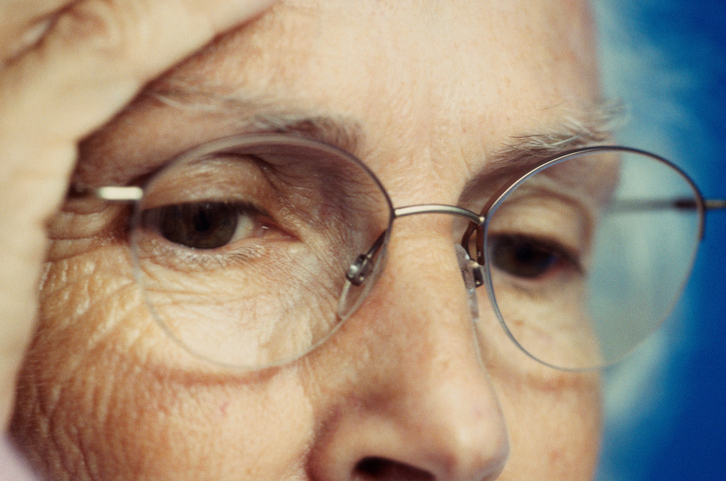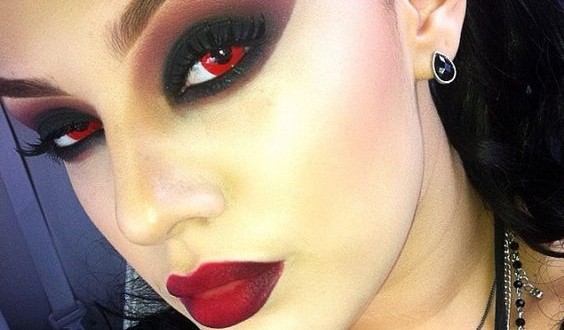More than 2.7 million Americans aged 40 and over are affected by glaucoma, a leading cause of irreversible blindness, yet only half of those affected know they have the disease.
Often referred to as the “sneak thief of sight,” glaucoma has no noticeable symptoms in its early stages, and vision loss progresses at such a gradual rate that people affected by the condition are often unaware of it until their sight has already been compromised. During Glaucoma Awareness Month in January, the American Academy of Ophthalmology advises the public that the best defense against developing glaucoma-related blindness is by having routine comprehensive eye exams.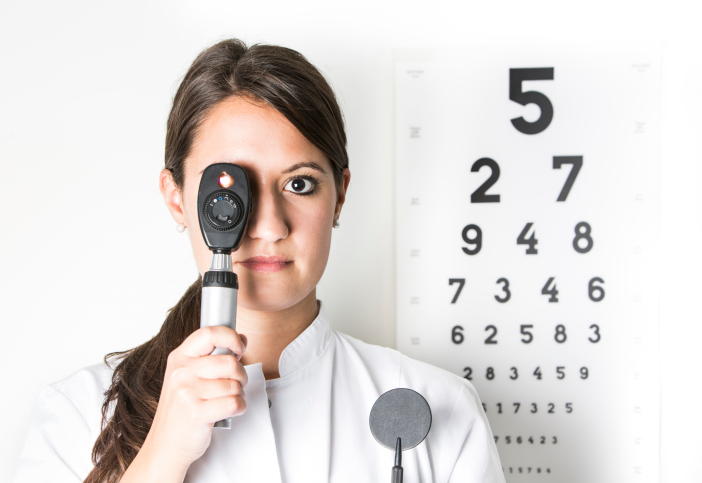
Some people are at greater risk for developing glaucoma and may need to see their ophthalmologist on a more frequent basis, specifically for glaucoma testing; risk factors for glaucoma include:
- Eye pressure level
- Older age
- Family history of glaucoma
- African ancestry or Latino/Hispanic ethnicity
- Thinner central cornea (the clear, front part of the eye covering the pupil and colored iris)
- Low blood pressure
- Type 2 diabetes mellitus
- Myopia
- Genetic mutations
The American Academy of Ophthalmology recommends that all adults have a baseline, comprehensive dilated eye exam at least by age 40 – the time when early signs of disease and changes in vision may start to happen. The exam, which includes an eye pressure check, may also require a visual field examination – as determined by an ophthalmologist, a medical doctor specializing in the diagnosis, medical and surgical treatment of eye diseases and conditions. For seniors age 65 and older, the Academy recommends having a comprehensive eye exam every 1-2 years, or as directed by an ophthalmologist.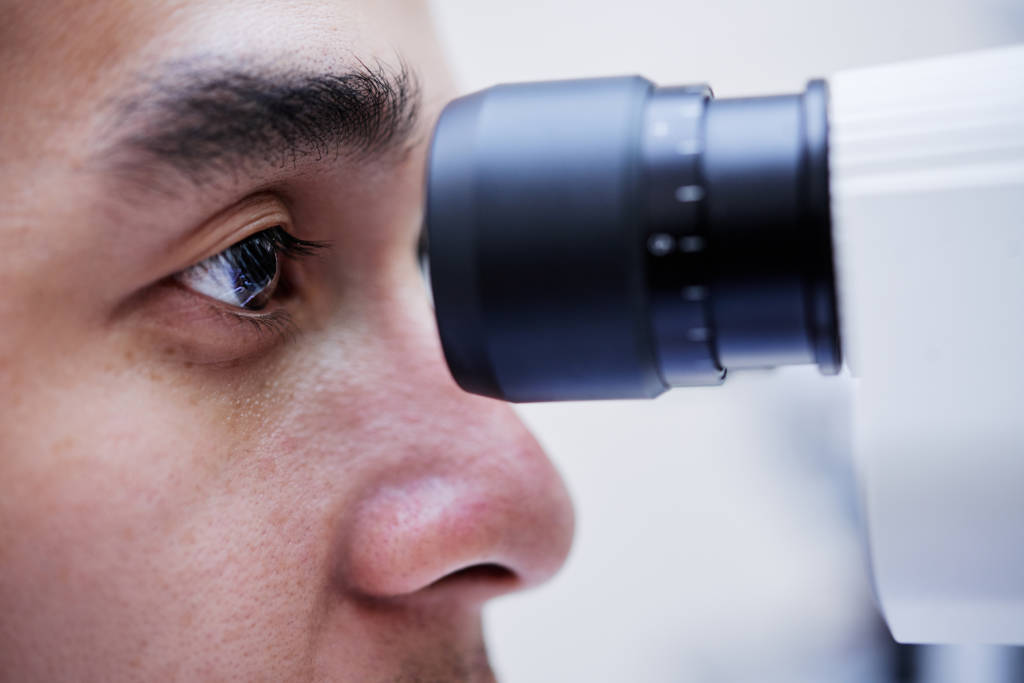
“Over the years, I’ve seen so many patients who had clear risk factors for glaucoma, but didn’t know of their risks until it was too late,” said Andrew Iwach, M.D., glaucoma specialist and clinical spokesperson for the American Academy of Ophthalmology. “It’s truly a shame to think how different their lives would be if they had only known of these risks and taken action to have a comprehensive eye exam sooner. It’s crucial that people remember that once vision is lost to glaucoma, it cannot be restored.”
Seniors who have not had a recent eye exam or for whom cost is a concern may qualify for EyeCare America, a public service program of the Foundation of the American Academy of Ophthalmology that offers eye exams and care at no out-of-pocket cost for eligible seniors age 65 and older. Visit www.eyecareamerica.org to see if you are eligible.


